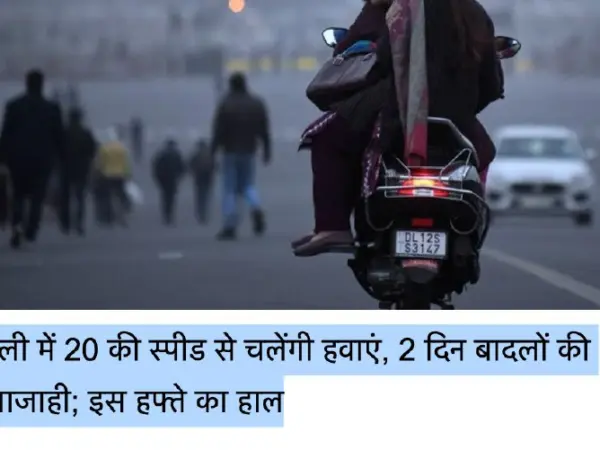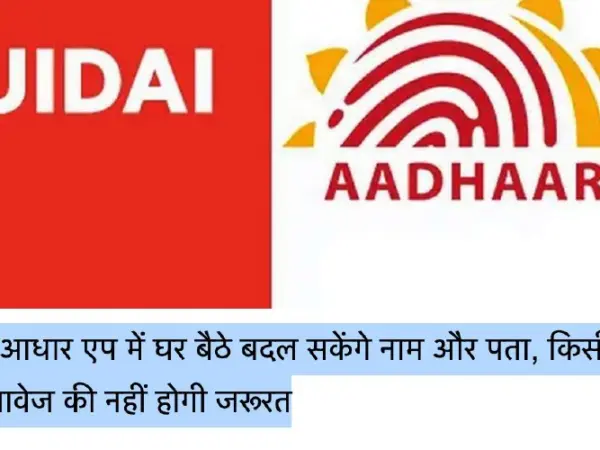In an effort to streamline the income tax process, the Indian government has announced a number of key changes to the income tax rules. The final date for filing income tax returns (ITR) has been set for July 31, 2023. The government collects taxes based on income and income sources, which include salary, savings, and interest income. Here are the key changes and exemptions announced in the Union Budget 2023:
- No Tax on Income up to 7 Lakhs: A significant change is that income up to 7 lakhs will now be exempted from taxation.
- Exemptions Based on Income Sources: The government offers some income tax exemptions. Here are the sources of income where ITR filing is not required:
- Agricultural Income: Farmers in India are not required to pay tax on their agricultural income. This exemption was established under the Income Tax Act of 1961 to promote farming.
- Income from Undivided Hindu Family: Income from inherited property of an undivided Hindu family is tax-free. This exemption falls under section 10(2) of the Income Tax Act.
- Interest Income from Savings Account: Interest earned every 3 months on savings account deposits is considered income, but it is exempted under section 80TTA. However, if the annual interest earned exceeds 10,000 rupees, taxes will be applicable.
- Gratuity: Central or state government employees receive a gratuity, which is completely tax-free. The income tax rules are different for tokens of appreciation received by private sector employees.
- Voluntary Retirement Scheme (VRS): Under the provisions of Income Tax Act Rule 2BA, tax must be paid on any amount over 5 lakh rupees received under VRS.
- Scholarships and Awards: Students do not have to pay tax on the amount received from scholarships or awards, thanks to the tax benefit under section 10 (16).
These changes are expected to simplify tax norms and provide relief to many taxpayers, especially those in the lower income brackets.





